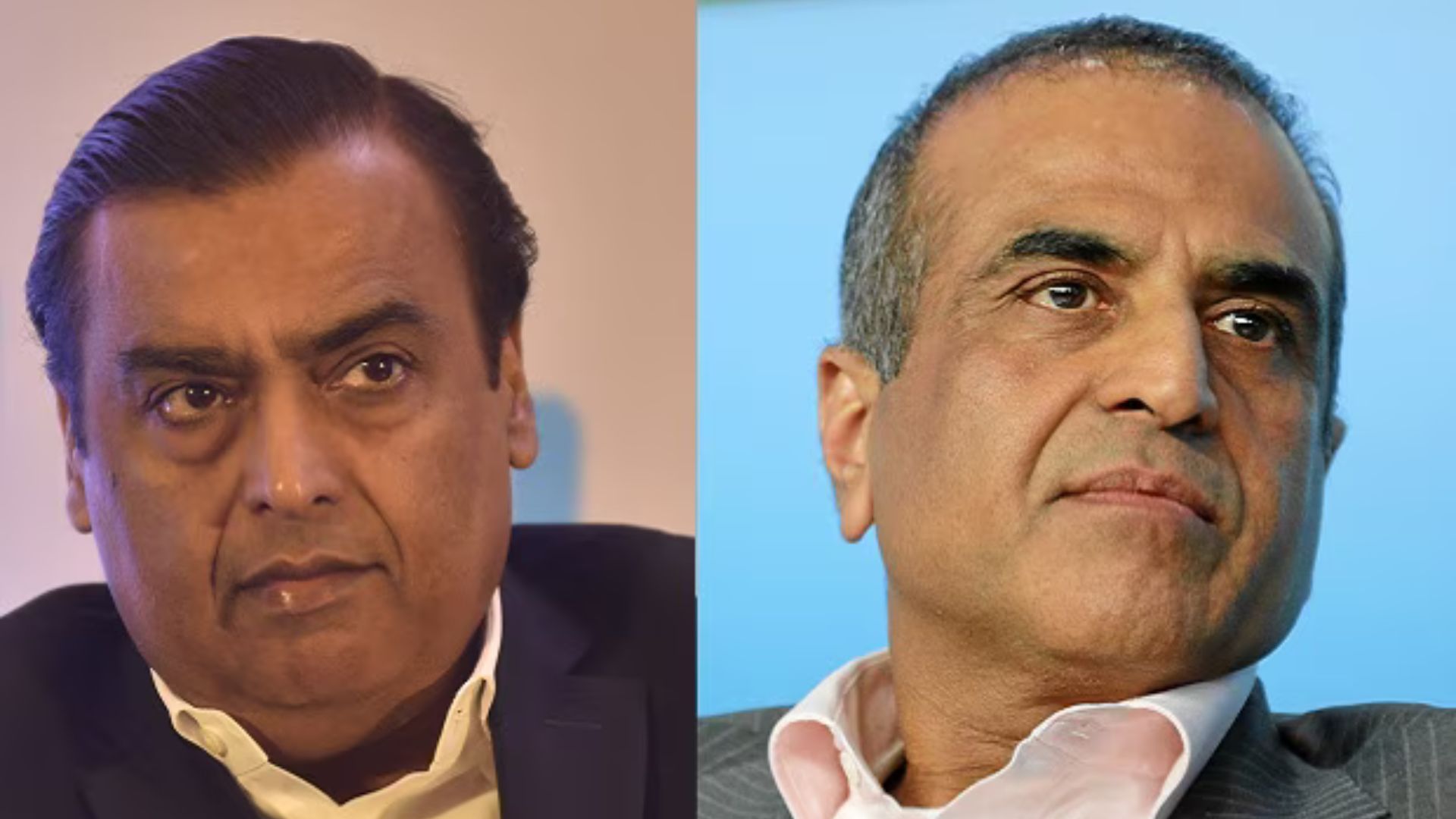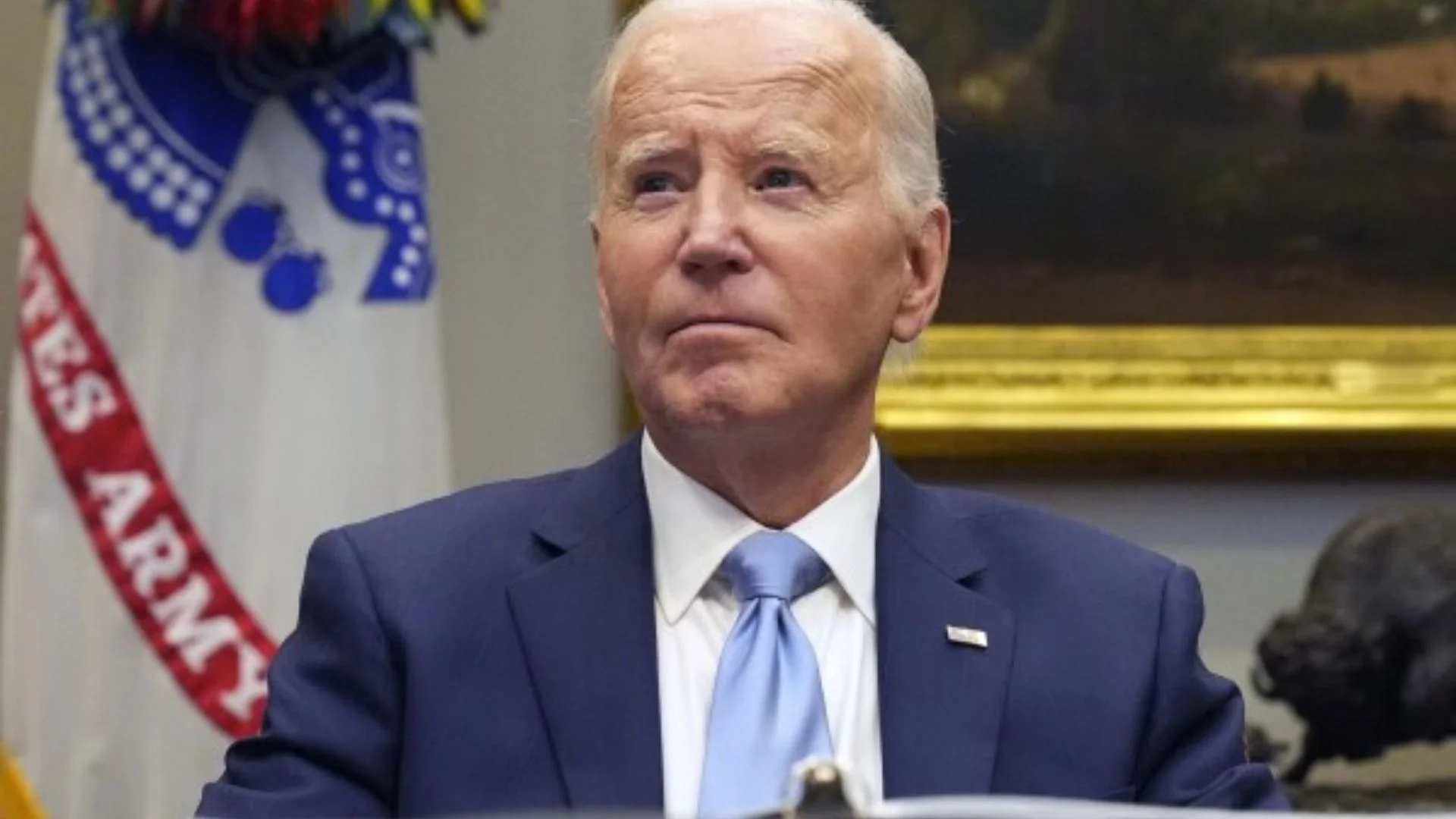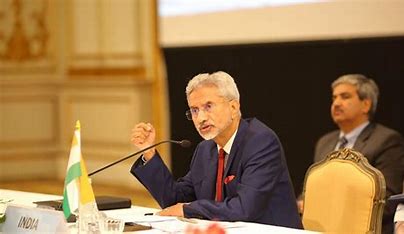
Mukesh Ambani’s Reliance Jio Infocomm and Sunil Mittal’s Bharti Airtel, two dominant players in mobile communication and high-speed internet, are facing tough competition from an emerging American player. Both Jio and Airtel currently offer advanced features like 5G connectivity and OTT platforms at affordable prices. However, this competitive edge may soon change.
SpaceX’s Starlink, owned by Elon Musk, has launched a new satellite communication service, “direct-to-cell.” This innovation allows smartphones to connect directly to Starlink’s satellites, eliminating the need for traditional mobile towers. As a result, users will be able to access internet and calling services even in areas where telecom companies have been unable to install cell towers.
Also Read: Is Zhang Yiming, China’s Richest Man, Ready To Compete With Mukesh Ambani?
In addition to launching this service, SpaceX has formed partnerships with several leading telecom companies, with Elon Musk confirming the details in a post. Starlink has been expanding its satellite network for months, continuously deploying new satellites and rockets to increase speed. As per TweakTown, users can now experience speeds ranging from 250 to 350 Mbps, far exceeding the 50 to 60 Mbps speeds typically available through fiber in parts of South Australia.
This direct-to-cell technology is a major breakthrough in satellite communication, enabling smartphone users to connect to satellites without needing mobile towers. This means users will have connectivity in areas that previously lacked coverage.
In addition to extending mobile coverage, this technology could be vital in emergencies. When natural disasters like cyclones or earthquakes occur, traditional mobile towers often fail due to damage or malfunction. However, with smartphones connected directly to satellites, communication can remain functional, allowing emergency services to operate without delay.
The service will also support millions of Internet of Things (IoT) devices, with SpaceX claiming no special hardware or apps are needed to connect these devices. Connectivity will remain uninterrupted even in rural or remote areas, and during emergencies.
SpaceX is actively launching its satellites through advanced rockets like Falcon 9 and Starship. If successful, Musk’s technology could revolutionize the telecom industry, potentially making mobile towers obsolete in the future.
Starlink, a satellite internet service, now provides high-speed data in over 100 countries, and unlike cable broadband, it operates anywhere with a clear view of the sky.














